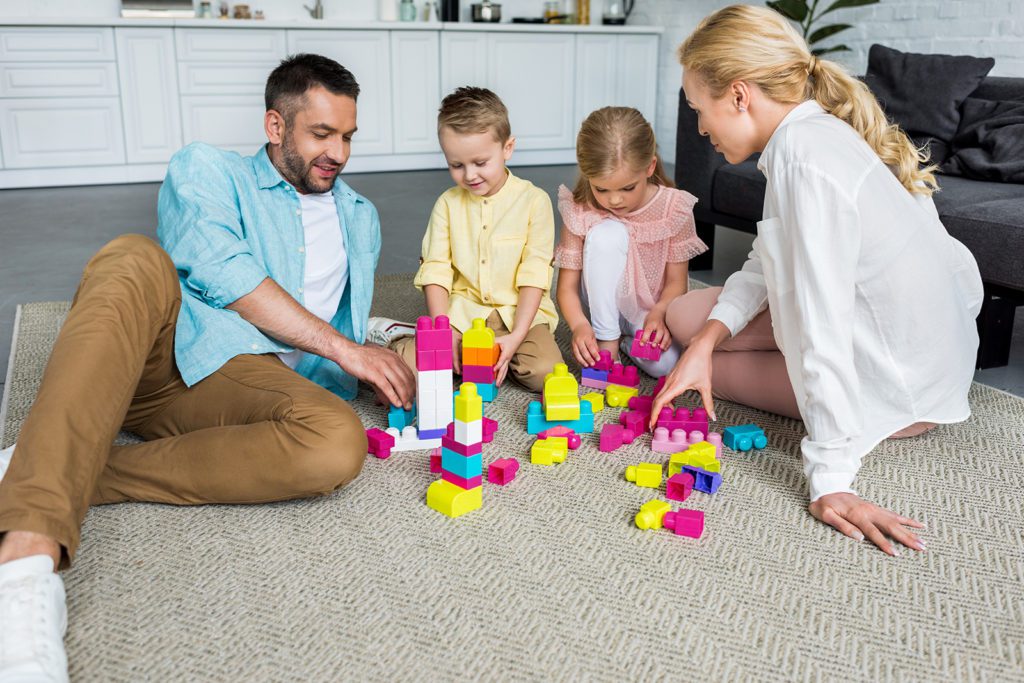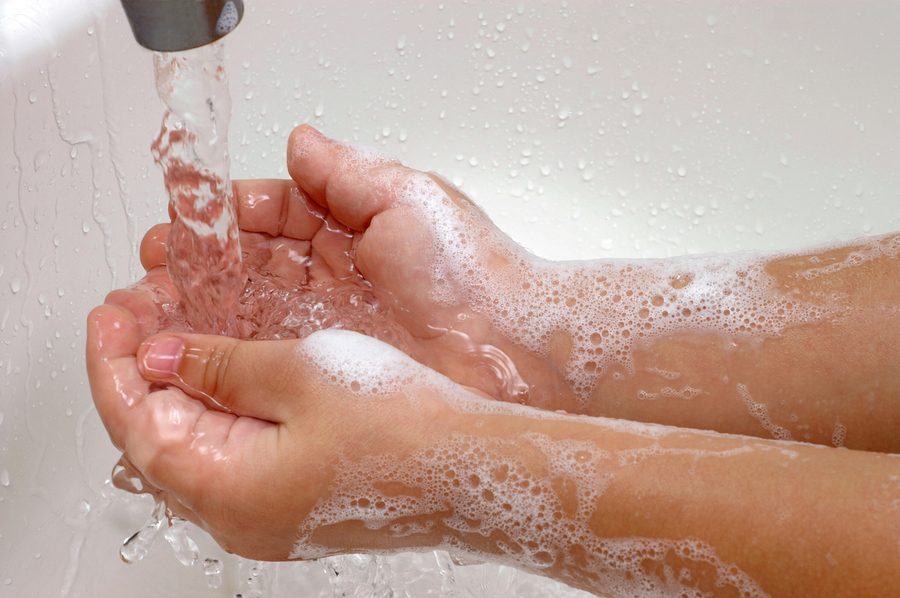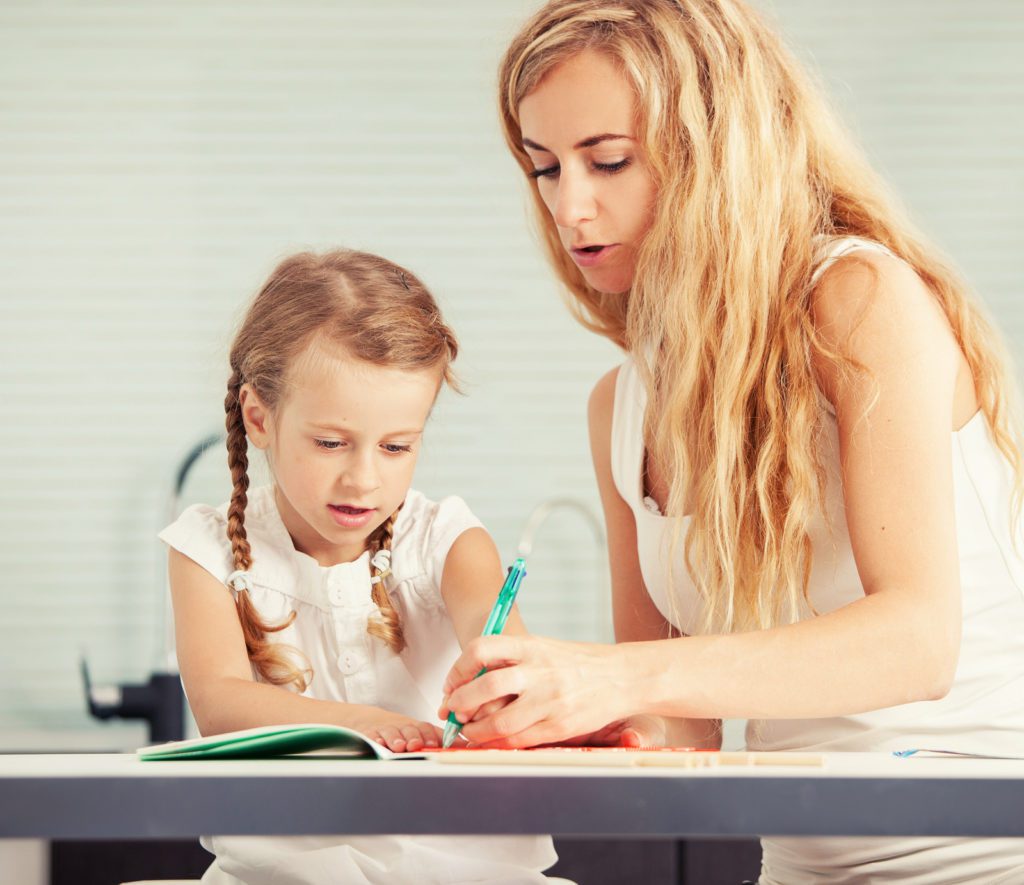The coronavirus, COVID-19, has quickly transformed our lives. Here at Kids ‘R’ Kids, Avalon Park, we’ve been pioneering safety procedures and practices to ensure the safety of the children in our care and their families through this pandemic. Keeping our community safe, while continuing to provide the best care for children, is our highest priority.

For parents and children, navigating this frightening and uncertain time is especially challenging. You are dealing with canceled spring break plans, different routines, and new restrictions on top of the national anxiety. All these changes and emotions are tough for children to process and cope with.
You can combat feelings of helplessness and anxiety by taking actions to protect your family and talking about COVID-19 together. We have rounded up information and guidelines from leading experts to help you.
How can I protect my children and loved ones from COVID-19?
This virus is spread by coming in direct contact with an infected person’s respiratory droplets (from sneezing or coughing). In most cases, this means touching a surface that’s contaminated with the virus and then touching your mouth, eyes or nose. All the available evidence suggests that children have a low risk of contracting COVID-19, but they may carry it to at-risk family members or caretakers. The groups most at risk are people 65 years or older, people with asthma, people with HIV and people with other underlying health conditions.
You can reduce the risk of contracting COVID-19 by following these guidelines:
- Frequently washing your hands with warm water for 20-seconds or cleansing them with an alcohol-based disinfectant. (This is a good time to give your children a tutorial on proper handwashing. Teaching them to hum the Happy Birthday song twice, while scrubbing their hands, is a fun way to help them wash for 20 seconds.)

- Regularly sanitize surfaces that are touched often such as countertops, doorknobs, light switches and faucets. (If you don’t have any disinfecting wipes or sprays, you can use a solution of bleach and water).
- Teach your children to cough into their elbow and sneeze into their shoulders if they do not have a tissue. Be sure to lead by example and do this yourself.
- Stay home as much as possible. If you go out with your children, coach them on keeping a bicycle-length (or 6-feet) distance between themselves and others. Also, talk to them about keeping their hands to themselves as much as possible and keeping their hands away from their faces.
- Wear a homemade mask when you go out. Even if no one in your home has shown symptoms, the CDC recommends wearing a mask when you are in public. This is important since you can catch this virus and be contagious for up to 14 days before even showing symptoms.
Should I talk to my children about COVID-19?
Yes, it is important to talk to your children about COVID-19. It is impacting their lives. Most likely, they have already been developing an idea about what is going on by catching parts of your conversation with others, hearing bits of news, or seeing posts on social media. You can help ease their confusion and anxiety by talking with them about it.
The best place to start before you have that conversation is to check out the latest information from the World Health Organization and Centers for Disease Control. Arming yourself with this knowledge will prepare you to answer tough questions from your kids and ensure you don’t pass on any misinformation.
Here are so more tips from the Mayo Clinic on how to talk to your children about COVID-19:
“Define what it is. COVID-19 is caused by a virus that can make the body sick. People who have COVID-19 may have a cough, fever, and trouble taking deep breaths. But some people, especially kids, who have the virus may not feel sick at all or may have mild symptoms like a cold.

Explain how it spreads. Most commonly, the virus that causes COVID-19 enters people’s bodies when it’s on their hands, then they touch their mouths, noses or eyes. A virus is so tiny that you can’t see it. This is why it’s important to wash your hands often and try not to touch your mouth, nose or eyes. If someone who has the infection coughs or sneezes on you from a close distance — closer than 6 feet — then that also can spread the virus.
Talk about what’s being done. You’re hearing so much about COVID-19 because it’s a new illness that has not been seen before. Experts around the world are working hard every day to learn about COVID-19 and how to keep people safe.”
When you talk to them, be careful not to attach blame to a location or ethnicity to the virus. A virus can infect anyone no matter their ethnicity, racial background or location.
How can I help my children cope?
Here are a few practical ways that you can help your kids cope:
- Model grace. It can be hard to feel gracious towards others and yourself during this difficult time, but it can help you and your children feel more at peace.
- Maintain a routine. Children find great comfort in routines. Maintaining their old routine as much as possible or establishing new ones will help them feel more at ease.
- Make use of virtual tools to connect. Help them stay connected to family and friends by arranging virtual get-togethers.
- Make the most of your time together! Plan game nights, movie nights, crafts or other activities that you would enjoy doing together. Staying active and engaged with each other will help their anxiety and lighten your mood.
- Make a list of what hasn’t changed. During a time of so much change, talking about the constants in your life can be comforting for you and your children. This is a great dinner conversation
- You can find more information about COVID-19 and Kids ‘R Kids precautions here. We hope that these resources help you and your family grow together and stay safe during this time.